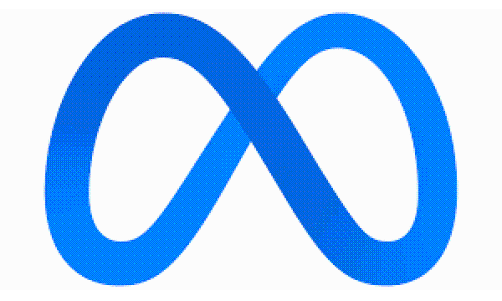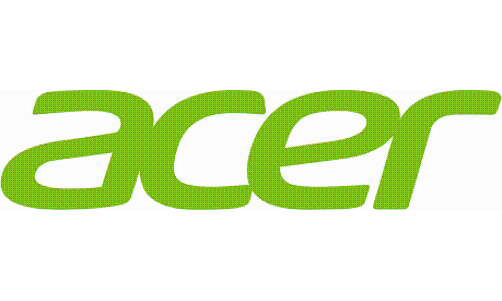40 percent of healthcare senior execs say blockchain technology is one of their 5 topmost strategic priorities in 2019 and beyond, according to the Global Blockchain in Healthcare Report by HealthCareWeekly.
Healthcare stakeholders are already betting big on blockchain. An IBM study revealed that 46 percent of healthcare executives plan to have in place a blockchain solution by 2020.
The blockchain wave of popularity in healthcare will not stop anytime soon. In fact, experts predict that global blockchain in the healthcare market will be worth a little over $5.6 billion by 2025, which translates to the remarkable growth of more than 60 percent from 2018.
Against this background, it is very clear that blockchain is the next big thing in the healthcare sector. But what is fueling its widespread popularity across the healthcare spectrum?
Let's take a closer look, shall we?
Blockchain Technology is Touted as a Huge Cost Saver for the Healthcare Industry
There's no shortage of challenges in healthcare, with ballooning costs being the most stand out pain-point. Industry executives and CIOs are always on the lookout for technologies that can potentially help reduce the severity and costs associated with these challenges.
Blockchain as emerged as one of the most promising digital transformations for the whole industry. When used in tandem with other technologies like Big Data, Artificial Intelligence (AI) and Telemedicine, blockchain is better positioned to cause a major shift in the efficiency, quality of care delivery, and seamless management of healthcare.
Despite an improvement in spending on healthcare in the last few years, hospitals are still squeezed. For example, the annual operating costs for big hospitals ballooned by 7.5 percent between 2015 and 2016 alone, as per Moody's 2017 report.
Besides operational overheads, hospitals are always struggling with a plethora of other runaway costs, including pharmaceutical costs, personnel costs, support function costs, IT costs, and an array of costs related to counterfeit products, fraud, and data/security breaches.
In response, healthcare executives are on the race to adopt blockchain because it has the highest potential of helping curb these rising costs.
Get this: it's estimated that blockchain adoption will help the healthcare industry save anywhere between $100 billion and $150 billion annually by 2025. What a game-changer!
Increasing Transparency in Patient Data Collection & Democratizing Medical Data
An alarming increase in the number of data breaches has left patients shocked and worried about the security of their medical information.
A recent HIPAA report shows that there was at least one healthcare records data breach each and every day of 2018. Even more worrisome, patient data of more than 59 percent of Americans have been compromised in the ten-year period between 2009 and 2018.
To quote says Codrin Arsene, the founder, and CEO of Digital Authority Partners:
"In the age of data-insecurity, health organizations should look at utilizing blockchain technology. There's a lot more to it than simply transactional activities' - blockchain is about securely sharing data previously deemed impossible to extract."
Codrin is right on the money. Blockchain technology can indeed help secure patient data and lessen security breaches of healthcare records. And it's not all talk.
DTCO and Taipei Medical University Hospital have already opened doors to use of blockchain to improve security and integrity of the medical recording.
Their flagship blockchain product, phrOS, is designed to increase transparency in the way patient data is collected, stored and used. It also puts the patient in more control over their medical data through a blockchain-powered mobile app.
Making Medical Drugs More Accessible, Safer and Cheaper
Counterfeit medications, bureaucracies, and lack of transparency are some of the eye-opening challenges that face the pharmaceutical supply chain.
For one, the so-called "black market" of medical drugs is estimated to be worth over $75 billion, according to the WHO. But that's a conservative number. Other credible sources claim that counterfeit pharmaceuticals cost Big Pharma around $200 billion every year, an added cost which is often passed onto the consumer.
Blockchain has the potential of massively improving the security, functionality, integrity and data provenance of the pharma supply chain. Of course, relevant companies and stakeholders have to put in the resources and funds to fuel the development of blockchain-driven supply chain solutions.
A great example of companies trying to leverage blockchain for the pharma supply chain is GlaxoSmithKline. The British drugmaker has joined forces with Viant to develop a state of the art track-and-trace supply chain platform based on blockchain technology.
Improving Clinical Trials and Drug Development
The cost of drug development is becoming exorbitantly high, and inefficiencies during clinical trials are the major culprits. 4 out of 5 clinical trials usually fail to fill the right patients in time. Even worse, half of the market research companies fail to enroll even one patient for their programs.
The sad part is that drugs for chronic diseases like cancer fail because clinical trials and researchers cannot find the right patients. Blockchain is about to make that a thing of the past.
With a combination of blockchain, big data and artificial intelligence, researchers, blockchain firms and pharma companies are developing solutions that will make it possible to develop drugs faster and test them more accurately.
FDA's Paving Way
Healthcare is a highly complex and regulated industry. Without a proper regulatory framework, blockchain adoption will face stiff challenges and might disappear into oblivion. To show goodwill and readiness for blockchain, Food and Drug Administration has already laid the foundation for regulations and rules of the game.
In fact, FDA has reportedly developed its own blockchain-powered health data sharing solution. This is the right direction and the nudge healthcare needed to fully embrace the full benefits of the technology.
The Rise of Patient-Centric Care
Today's healthcare centers around the patient journey, and with good reason. Patients no longer want to be treated as just patients. They are consumers of healthcare services and demand better experiences and transparency from their providers. In patient-driven healthcare, blockchain is - for a lack of a better word - what the doctor prescribed.
It is all about getting rid of the middlemen, removing bureaucracies, and delivering better patient outcomes. What more could patients ask for?













